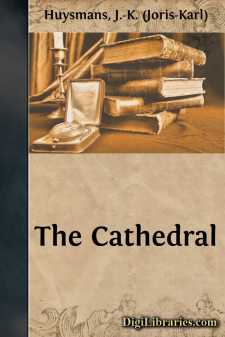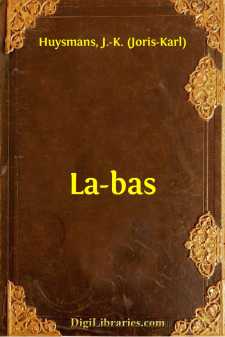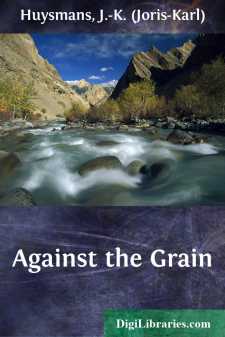Categories
- Antiques & Collectibles 13
- Architecture 36
- Art 48
- Bibles 22
- Biography & Autobiography 813
- Body, Mind & Spirit 142
- Business & Economics 28
- Children's Books 17
- Children's Fiction 14
- Computers 4
- Cooking 94
- Crafts & Hobbies 4
- Drama 346
- Education 46
- Family & Relationships 57
- Fiction 11829
- Games 19
- Gardening 17
- Health & Fitness 34
- History 1377
- House & Home 1
- Humor 147
- Juvenile Fiction 1873
- Juvenile Nonfiction 202
- Language Arts & Disciplines 88
- Law 16
- Literary Collections 686
- Literary Criticism 179
- Mathematics 13
- Medical 41
- Music 40
- Nature 179
- Non-Classifiable 1768
- Performing Arts 7
- Periodicals 1453
- Philosophy 64
- Photography 2
- Poetry 896
- Political Science 203
- Psychology 42
- Reference 154
- Religion 513
- Science 126
- Self-Help 84
- Social Science 81
- Sports & Recreation 34
- Study Aids 3
- Technology & Engineering 59
- Transportation 23
- Travel 463
- True Crime 29
En Route
Description:
Excerpt
During the first week in November, the week within the Octave of All Souls, Durtal entered St. Sulpice, at eight o'clock in the evening. He often chose to turn into that church, because there was a trained choir, and because he could there examine himself at peace, apart from the crowd. The ugliness of the nave, with its heavy vaulting, vanished at night, the aisles were often empty, it was ill-lighted by a few lamps—it was possible for a man to chide his soul in secret, as if at home.
Durtal sat down behind the high altar, on the left, in the aisle along the Rue de St. Sulpice; the lamps of the choir organ were lighted. Far off, in the almost empty nave, an ecclesiastic was preaching. He recognized, by the unctuousness of his delivery, and his oily accent, a well-fed priest who poured on his audience, according to his wont, his best known commonplaces.
"Why are they so devoid of eloquence?" thought Durtal. "I have had the curiosity to listen to many of them, and they are much the same. They only vary in the tones of their voice. According to their temperament, some are bruised down in vinegar, others steeped in oil. There is no such thing as a clever combination." And he called to mind orators petted like tenors, Monsabré, Didon, those Coquelins of the Church, and lower yet than those products of the Catholic training school, that bellicose booby the Abbé d'Hulst.
"Afterwards," he continued, "come the mediocrities, each puffed by the handful of devotees who listen to them. If those cooks of the soul had any skill, if they served their clients with delicate meats, theological essences, gravies of prayer, concentrated sauces of ideas, they would vegetate misunderstood by their flocks. So, on the whole, it is all for the best. The low-water mark of the clergy must conform to the level of the faithful, and indeed Providence has provided carefully for this."
A stamping of shoes, then the movement of chairs grinding on the flags interrupted him. The sermon was over.
Then a great stillness was broken by a prelude from the organ, which dropped to a low tone, a mere accompaniment to the voices.
A slow and mournful chant arose, the "De Profundis." The blended voices sounded under the arches, intermingling with the somewhat raw sounds of the harmonicas, like the sharp tones of breaking glass.
Resting on the low accompaniment of the organ, aided by basses so hollow that they seemed to have descended into themselves, as it were underground, they sprang out, chanting the verse "De profundis ad te clamavi, Do—" and then stopped in fatigue, letting the last syllables "mine" fall like a heavy tear; then these voices of children, near breaking, took up the second verse of the psalm, "Domine exaudi vocem meam," and the second half of the last word again remained in suspense, but instead of separating, and falling to the ground, there to be crushed out like a drop, it seemed to gather itself together with a supreme effort, and fling to heaven the anguished cry of the disincarnate soul, cast naked, and in tears before God.
And after a pause, the organ, aided by two double-basses, bellowed out, carrying all the voices in its torrent—baritones, tenors, basses, not now serving only as sheaths to the sharp blades of the urchin voices, but openly with full throated sound—yet the dash of the little soprani pierced them through all at once like a crystal arrow.
Then a fresh pause, and in the silence of the church, the verses mourned out anew, thrown up by the organ, as by a spring board....






